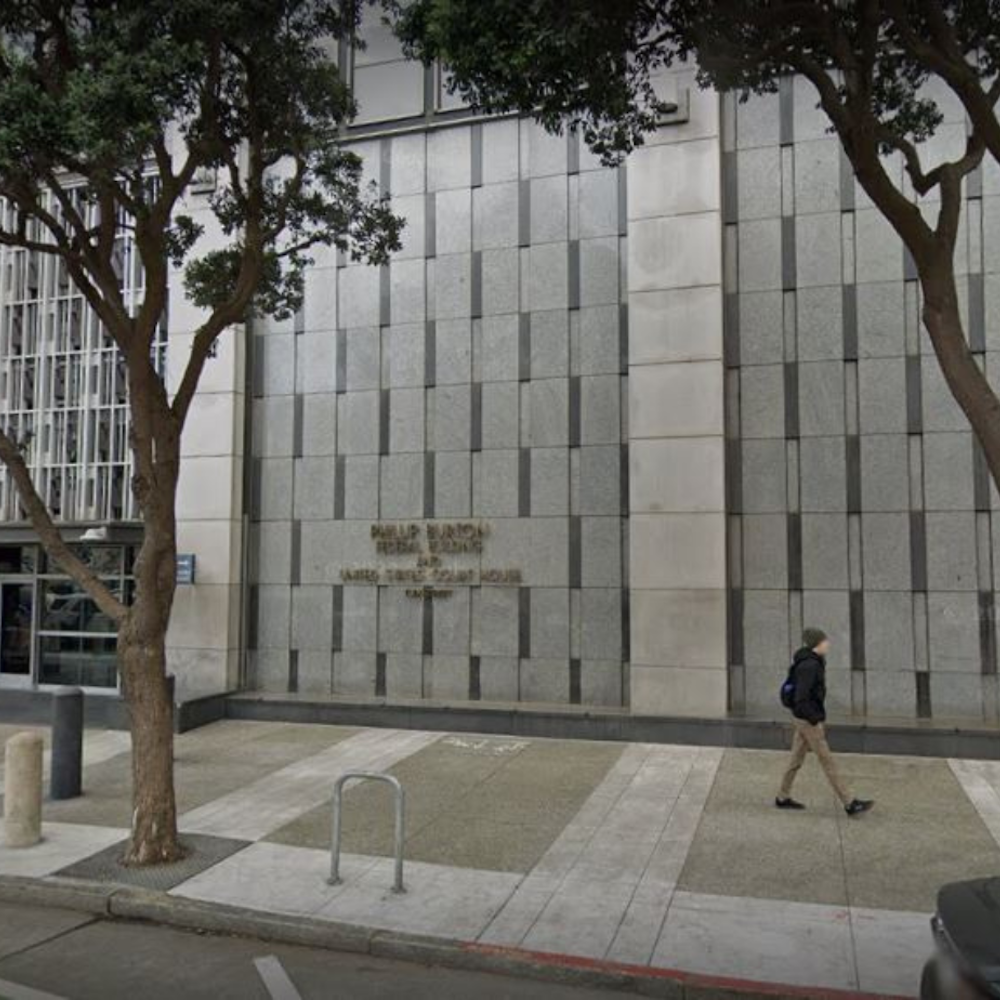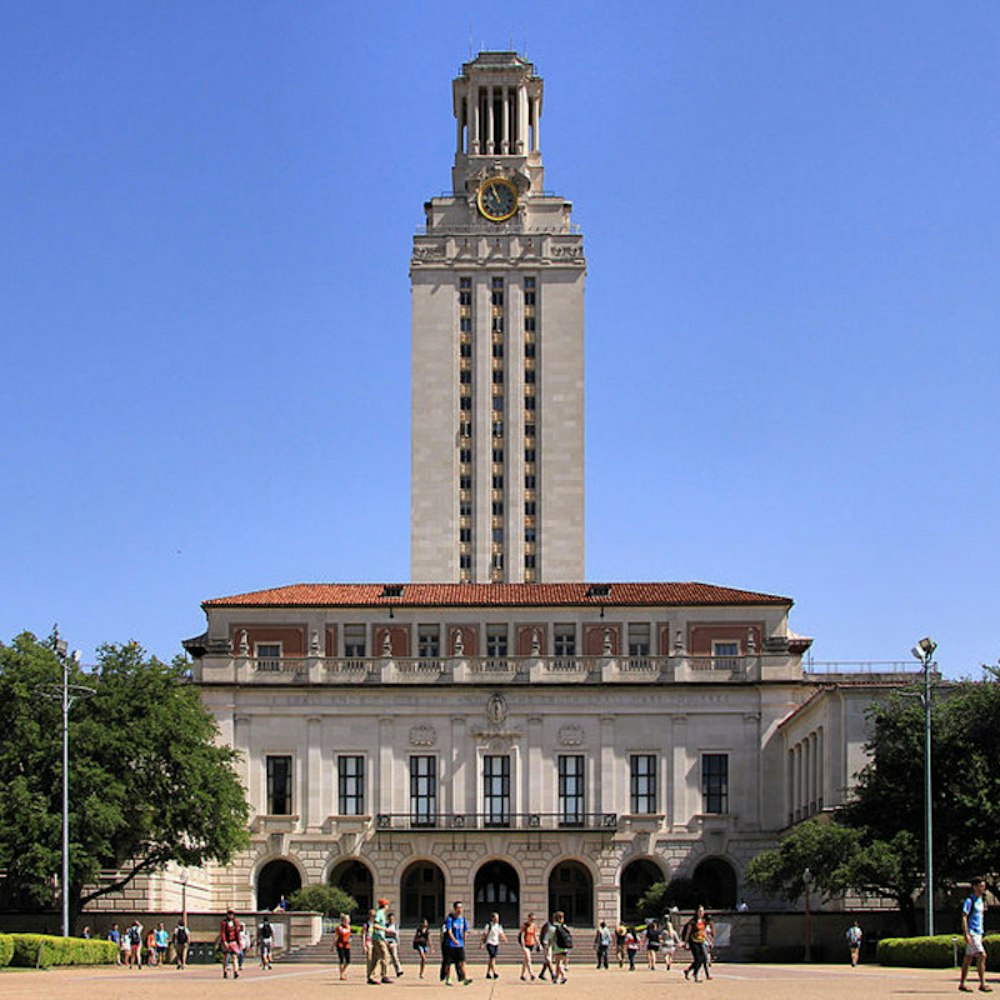
The City's legendary O'Hare International Airport is poised for a green transformation, with Chicago's Department of Aviation teaming up with the National Renewable Energy Laboratory (NREL) to enhance sustainable energy usage, as per a recent council ordinance. Mayor Brandon Johnson announced the groundbreaking initiative aimed at infusing the bustling airport with eco-friendly technologies amid the expansive O'Hare 21 project, heralding a new era of eco-conscious travel.
Despite being a bastion for the region's economic vigor and a haven for minority- and women-owned businesses, O'Hare's quest for a sustainable revamp strikes as a testament to Chicago's dedication to environmental stewardship. The airport is plunging headfirst into agreements with NREL and its operators, the Alliance for Sustainable Energy, as they eye incorporating renewable energy innovations into new projects. "As we continue to embark on O'Hare 21, one of the city’s largest infrastructure projects this decade, this agreement will help ensure the world’s second busiest airport is second to none when it comes to the sustainable growth of the aviation industry,” Mayor Johnson said in a statement obtained by chicago.gov.
CDA Commissioner Jamie L. Rhee emphasized O'Hare and Midway's pioneering journey in adopting sustainable practices, citing over 260 green-tinted development projects unfolding since 2003. Anchored by the promise of the forward-thinking O'Hare Global Terminal and other satellite concourses, the collaboration with NREL is pegged to scrutinize and adopt energy-efficient designs without weighing heavily on finances. Walking hand-in-hand with experts from NREL, Chicago's airports envision a future where travelers tread lightly on Earth's resources.
Rooted in Colorado, NREL stands as an emblematic institution dedicated to pushing the frontiers of energy efficiency and sustainable transport, a beacon under the U.S. Department of Energy's oversight. The burgeoning alliance with Chicago's airports, capped at a budget not crossing the $500,000 mark for a three-year dance, underscores the city's commitment to cutting carbon emissions while still maintaining its role as a global aviation hub. As Commissioner Rhee puts it, the goal is to "continue to find creative ways to reduce emissions, minimize energy use, conserve water, reduce waste, and educate the traveling public about our work and what they can do to help," a remark previously echoed on chicago.gov.









